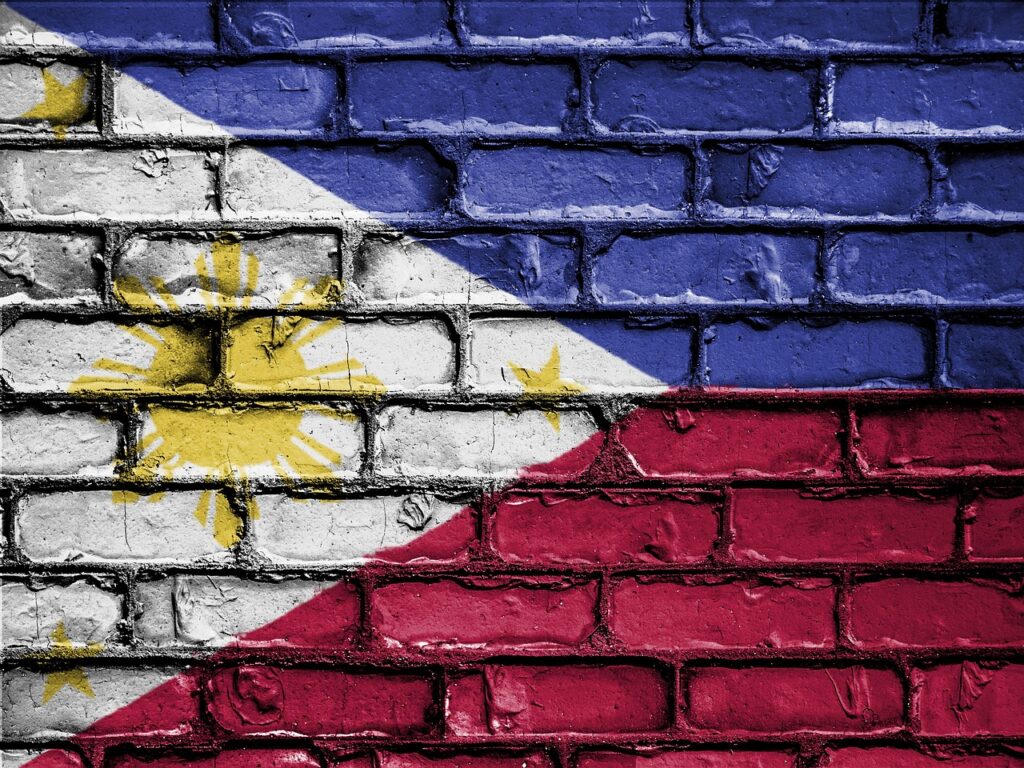If you’re searching for how much attorney fees in the Philippines, you’re likely dealing with a legal matter and want to understand the costs involved. Attorney fees in the Philippines vary widely depending on the complexity of the case, the lawyer’s experience, and the type of legal service required. Let’s explore the details so you can plan accordingly.
Factors That Affect Attorney Fees in the Philippines
The cost of hiring a lawyer in the Philippines depends on several factors, including:
- Type of Legal Service – Simple consultations cost less than litigation or corporate legal services.
- Experience and Reputation – Seasoned attorneys typically charge higher fees.
- Case Complexity – More complex cases require more time and resources.
- Location – Legal services in Metro Manila tend to be more expensive than in provincial areas.
- Billing Structure – Lawyers may charge per hour, per case, or on a contingency basis.
Common Attorney Fee Structures in the Philippines
1. Consultation Fees
Many lawyers offer an initial consultation fee ranging from ₱500 to ₱3,000 per session. Some firms may even provide free consultations.
2. Retainer Fees
For businesses or individuals requiring ongoing legal services, retainer fees can range from ₱20,000 to ₱100,000 per month, depending on the firm and scope of services.
3. Hourly Rates
Hourly rates for attorneys in the Philippines typically range from ₱1,500 to ₱10,000 per hour, depending on their expertise and location.
4. Fixed or Flat Fees
For standard legal services such as contract drafting, notarization, or property transfers, lawyers often charge fixed rates:
- Notarization: ₱200 to ₱1,000 per document
- Contract Drafting: ₱5,000 to ₱50,000
- Property Title Transfer: ₱10,000 to ₱50,000
5. Contingency Fees
For civil cases, some lawyers work on a contingency basis, meaning they only get paid if you win. The fee is usually 20% to 40% of the awarded amount.
Additional Costs to Consider
Apart from attorney fees, there are other legal costs to take into account:
- Court Filing Fees – These vary depending on the type of case and court level.
- Documentary Stamp Tax – Required for certain legal documents.
- Notary Fees – For notarized contracts and affidavits.
- Miscellaneous Costs – Including transportation, postage, and administrative fees.
How to Negotiate Attorney Fees
Negotiating attorney fees can help you get the best legal representation at a fair price. Here are some strategies to consider:
- Request a Detailed Fee Agreement – Make sure you understand all potential charges.
- Compare Rates – Get quotes from multiple attorneys before making a decision.
- Ask About Payment Plans – Some lawyers offer installment options to help manage costs.
- Discuss Alternative Billing Methods – Flat fees or contingency fees may be more affordable for your case.
The Role of Lawyers in Different Legal Matters
Lawyers in the Philippines handle a wide range of cases, including:
- Family Law – Divorce, child custody, annulment, and inheritance disputes.
- Criminal Law – Defending individuals accused of crimes or filing charges against offenders.
- Civil Law – Property disputes, breach of contract, and damage claims.
- Corporate Law – Business registration, mergers, and regulatory compliance.
- Immigration Law – Visa applications, work permits, and citizenship issues.
Legal Aid Options for Those on a Budget
If you cannot afford private legal representation, there are alternative options:
- Public Attorney’s Office (PAO) – Provides free legal assistance to indigent clients.
- Integrated Bar of the Philippines (IBP) – Offers pro bono legal services.
- University Law Clinics – Some universities provide free legal aid through law students under faculty supervision.
- NGOs and Advocacy Groups – Organizations like FLAG and SALIGAN provide legal assistance for specific causes.
References
- Philippine Supreme Court. “Legal Fees and Court Procedures.” Retrieved from sc.judiciary.gov.ph
- Integrated Bar of the Philippines. “Attorney’s Fee Guidelines.” Retrieved from ibp.ph
- Public Attorney’s Office. “Free Legal Assistance Programs.” Retrieved from pao.gov.ph
- Legal Education Board Philippines. “Legal Practice and Professional Fees.” Retrieved from leb.gov.ph
Final Thoughts
Understanding how much attorney fees in the Philippines cost can help you make informed decisions when seeking legal assistance. Always request a fee agreement upfront to avoid surprises. Knowing your rights and available legal aid options can also help you navigate legal matters more effectively.
For more legal insights and expert advice, check out NarkiHub today!
